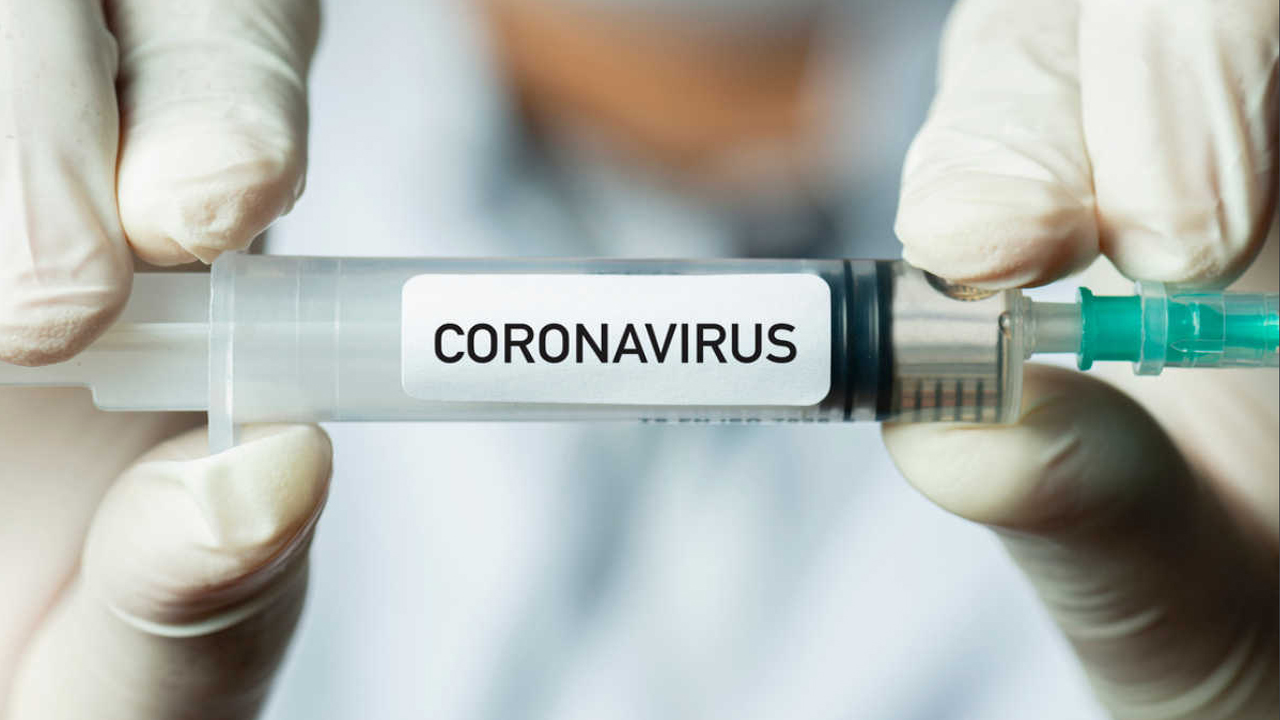More than 60,000 volunteers have received one of the four Chinese candidates for the coronavirus vaccine “without presenting significant adverse effects,” a senior official from the Ministry of Science and Technology of China said Tuesday.
In a press conference of the Executive on the advancement of vaccines in China, the deputy director of the Social Development department Tian Baoguo said the country has already partially or totally developed 13 vaccines in Phase 3 of clinical trials.
“Adverse effects are common and normal in a vaccine candidate. Of the 60,000 people who have received the vaccine, some have had mild adverse effects, such as swelling at the vaccination site or fever, but no serious side effects have been reported,” he said.
Liu Jingzhen, president of the state-owned China National Biotechnology Group – which belongs to pharmaceutical giant Sinopharm – said the conglomerate is ready to mass-produce the vaccine once tests conclude and that it could manufacture more than 1 billion doses in 2021.
The director of the Center for the Development of Science and Technology of the National Health Commission Zheng Zhongwei said the price “will vary” depending on the type of vaccine, although “it will not be determined by supply and demand but by the technology used and the cost and scale of production.”
“It will be an acceptable price for the general public. The inactivated vaccine will cost more than the rest,” Zheng said.
He denied that China has launched a “vaccine diplomacy” with all the tests it carries out in various countries, many of them developing.
“What China does is work with other countries to develop the vaccine and contribute to making it safe and available to those who need it,” said Zheng, who gave as an example the entry of the Asian country into COVAX, the global platform for COVID-19 vaccine research.
The official also said the vaccines the country has administered since July for special cases have not shown any adverse effects, and that their “use has followed a rigorous scientific process approved by authorities.”
Zheng said Chinese citizens working abroad have already received these vaccines on a voluntary basis.
“China still faces a great challenge, both from imported cases and small outbreaks seen in recent months. We have to protect public workers, those traveling abroad or port personnel, and make sure they are not infected,” he said.
China aims to become the first country in the world to produce a large-scale vaccine against COVID-19, for which it has half a dozen developing countries – including several Latin American – participating in the final phase of clinical trials from various projects.
Zheng said last month that China plans to manufacture 610 million doses of the coronavirus vaccine before the end of this year and 1 billion in 2021, but did not advance a date for the vaccines to be applied massively.

 Chinese volunteers undergoes realtime vaccine trial
Chinese volunteers undergoes realtime vaccine trial








.jpg)


.jpeg)


.jpg)





.jpeg)



.jpg)






.jpg)


